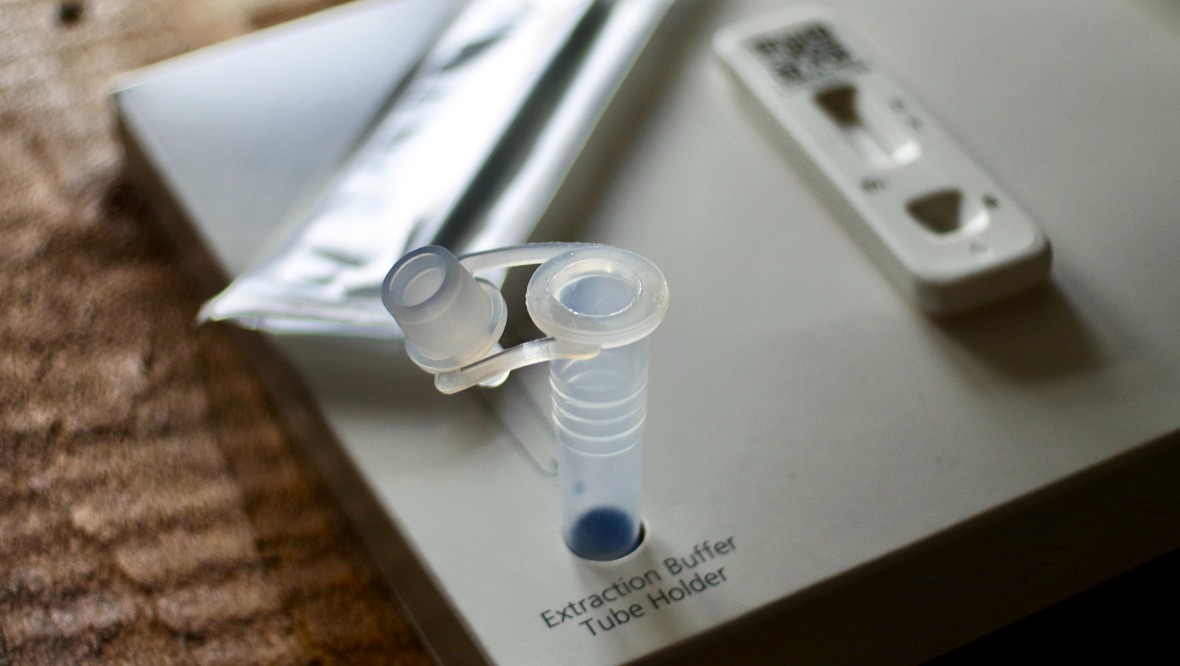As the latest Covid figures show that one in 18 Scots are estimated to have had the virus in the past seven days there is hope that cases will decline in the coming weeks, says Professor Linda Bauld.
With schools breaking up for summer, Professor Bauld said that fewer indoor interactions could curb the spread of the virus.
She added that Portugal – which has been ahead of Scotland in terms of the Omicron wave – is now seeing declining numbers which gives hope that cases in Scotland will fall in the coming weeks.
Across the UK the number of people thought to have had coronavirus is up from 1.7m people the previous week to almost 2.3m cases across the UK – the highest estimate for total infections since late April.
Speaking to STV News at Six, the professor of public health said: “We’re still in the Omicron wave but we’ve got these Omicron sub lineages BA.4 and five and they have what’s called a growth advantage so they’re spreading more quickly.
“And that is really the main thing behind this, they’re also able to reinfect people. So quite a few people have had Covid in the past and they’re picking it up again and that’s contributing to these numbers.”
Covid-19 continues to be most prevalent in Scotland, where 288,200 people are likely to have tested positive for the virus last week – which is up from 250,700, or one in 20.
While there is a higher number of people in hospital, Professor Bauld said that there is “no evidence” that the sub lineages are causing more severe disease.
She added: “We don’t have any evidence to date yet that these sub lineages of Omicron are causing more severe disease.
“We do have more people in hospital – we have about 1,300 people in hospital now with Covid – that’s up from around 600 at the beginning of the month – but that’s just adding to the numbers. It’s not saying that people are becoming more unwell, so it is still some way below the record high, the peak of Omicron.”
Asked about practical measures Scots can take to prevent the spread of the virus, Professor Bauld said: “Practical things that we can do that are not restrictions are basic protections.
“Wearing a face covering in busy, enclosed public places, think about hand and respiratory hygiene, recognising some people are more vulnerable and thinking about them.
“These are not big things for us to do and we can all do them.”
Follow STV News on WhatsApp
Scan the QR code on your mobile device for all the latest news from around the country




























